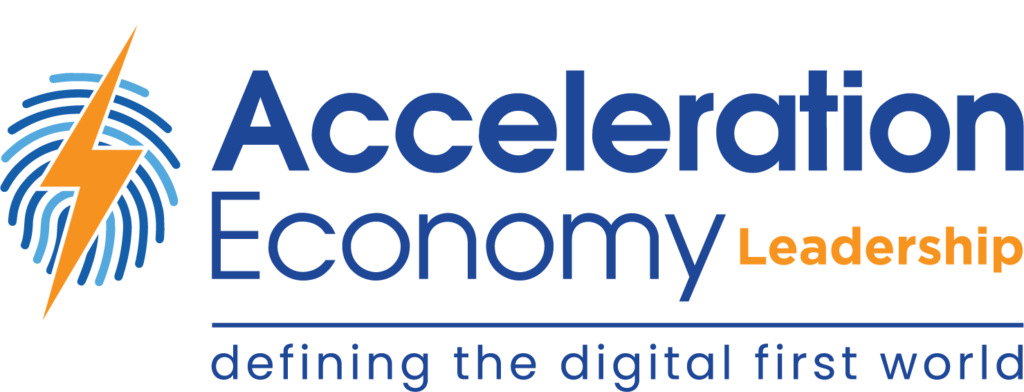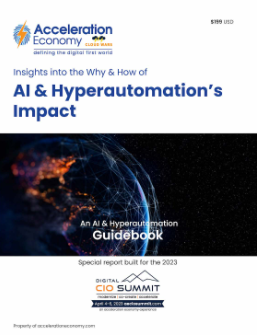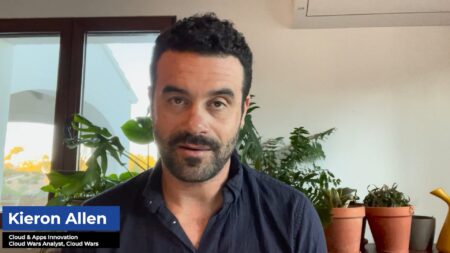In episode 53 of the CXO Minute, Tony Uphoff explains why artificial intelligence (AI) will create new jobs, given that history suggests that new technologies give way to new employment opportunities.
This episode is sponsored by Acceleration Economy’s Digital CIO Summit, taking place April 4-6. Register for the free event here. Tune in to the event to hear from CIO practitioners discuss their modernization and growth strategies.
Highlights
00:53 — Tony explains that he is just as curious about the impact of AI as anyone, given that one of the categories of work that some say ChatGPT will replace is business technology analysts, writers, and bloggers. Before he is “replaced by a machine,” Tony offers some historical perspective that sheds light on the impact AI will have on the future of work.
01:19 — Professor and entrepreneur Scott Galloway recently wrote that the “Philosopher’s stone of capitalism is technological innovation.” Galloway went on to note that throughout history, humanity and capitalism flourished with the adoption of new technologies. History also teaches us that we must relearn this lesson with every technological breakthrough.
02:10 — In 1950, there were 60 million employed Americans. Today, there are 160 million employed Americans and unemployment is at the lowest level in 50 years, despite never-ending worries that modern technology would replace human jobs.
02:48 — Tony explains that we are seeing a new round of technology taking jobs and proclamations from technologists, economists, and even politicians, who are lacking the historical context of the impact of technology on work.
03:07 — Yes, technological innovation can cause massive disruptions in work and human jobs. Still, history shows us that these disruptions tend to be short-lived, and the net result is actually an increase in jobs, and in some cases, brand-new jobs.
03:48 — The reality? Technology expands employment, notes Tony. This is not to say that the transition is simple, but as business technology leaders, “we need to be preparing our companies and employees for the impact of artificial intelligence and advanced automation,” says Tony. Additionally, it is critical that business leaders consider the short and long-term ethical use of any new technology, particularly one as powerful as artificial intelligence.
Want more tech insights for the top execs? Visit the Leadership channel:











